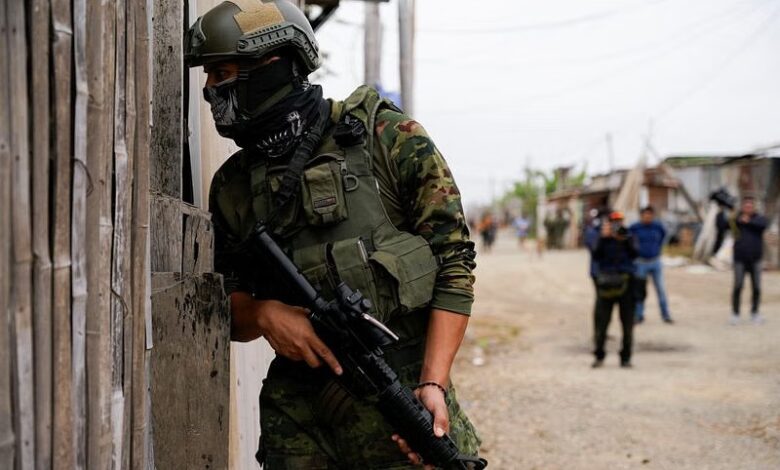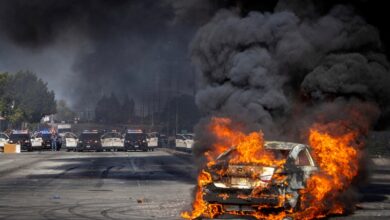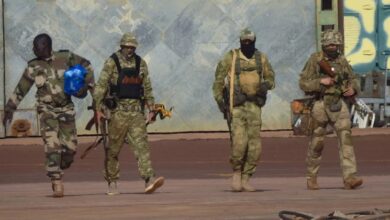Ecuador’s national assembly approves reforms to combat gangs.
News Mania Desk / Piyal Chatterjee / 8th June 2025

Ecuador’s National Assembly on Saturday endorsed a reform supported by President Daniel Noboa to equip the government with additional legal authority to tackle armed groups and dismantle the drug-trafficking networks that sustain their criminal operations.
The legislation received support from 84 out of the 141 legislators who were present in the assembly. Forty-six legislators opposed it, 10 chose not to vote, and one submitted a blank ballot.
Noboa, 37, who started a complete four-year term last month, proclaimed an “internal armed conflict” in January 2024 against criminal groups, just a few months after his initial inauguration as president.
Since announcing the campaign against gangs, Noboa has released emergency decrees, opens new tab to deploy military personnel alongside police, greatly increasing security forces. He has also supervised a rise in prison terms for drug-related offenses and is seeking tighter cooperation with the United States and other countries for intelligence sharing and resource management.
The updated legal structure allows Noboa greater flexibility to allocate resources for combating crime. He will also possess the authority to grant pardons to police and military members for their actions during security operations.
Officers facing criminal investigations will evade pre-trial detention yet will undergo assessments every six months, as stated in the approved document.
The reforms also impose penalties of as much as 30 years for stealing fuel, costing the oil industry hundreds of millions of dollars. Officials report that this offense, together with unlawful mining, has increased in recent years and serves as a primary financial resource for criminal organizations.
Security forces can now directly seize assets tied to criminal organizations, marking a notable change that enables quicker confiscation than the typically prolonged judicial procedures for asset forfeiture in the past.
Individuals who lead, belong to, or collaborate with these groups will face prison sentences of up to 30 years. The reforms also include economic incentives for sectors affected by the violence.






